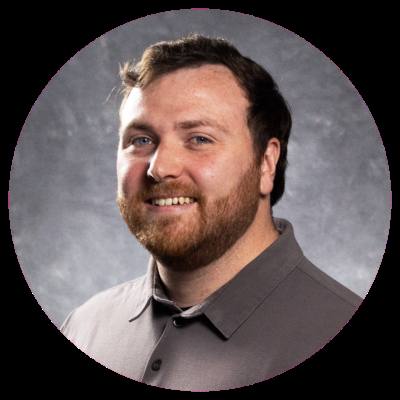Part of the Telecom Corridor—a stretch of US 75 that was once lined with telecommunications companies—rebranded as the Innovation Quarter, or IQ, in 2019. Recent additions to the IQ’s headquarters could keep the city at the forefront of the tech industry.
In August the city expanded its partnership with the University of Texas at Dallas and established a partnership with Startup Runway, a company that provides support to established Indian tech companies looking to expand their operations into the United States.
“Our IQ strategy at this time really set us up very well for future tech development in Richardson in different ways,” Richardson City Manager Don Magner said. “The more diverse a business ecosystem we can create, the more likely we are to be able to withstand different economic trends.”
Two-minute impact
The Richardson IQ headquarters opened in 2022, and UT Dallas occupies around 13,600 square feet of the 27,000-square-foot space.
UT Dallas also opened a 5G testing lab in concert with the city and AT&T and Verizon.
Joseph Pancrazio, UT Dallas vice president for Research and Innovation, said the lab provides an evaluation facility for new 5G Radio Access Network products and a “wonderful opportunity” for university students. The IQ’s location is also a positive, he added.
“[For vendors] to have ease of access to the facility, to be able to engage with other small businesses who might be interested in 5G or our next generation networking capacity—it just becomes a terrific opportunity for the university, but also for the community,” Pancrazio said.
The city’s partnership with Startup Runway will also support Richardson’s existing tech industry, Magner said.
Magner said Startup Runway supports established companies looking to “expand to a new market.” He said companies could spend 9-12 months or more in the Startup Runway space before becoming independent—and he’s hoping those companies will choose to stay in Richardson.
Zooming out
Dallas-Fort Worth is the fastest growing metropolitan area in tech, according to data from the Computing Technology Industry Association. DFW added 10,691 new tech jobs in 2023, ahead of New York City’s 8,312—the second most.
Richardson has seen that tech growth firsthand. Employment in tech in the city grew 97.17% from 2018 to 2023, according to Workforce Solutions for North Central Texas data. The IQ added around 9,500 jobs from 2014 to May 2024, according to city documents.
Between developing the future workforce and future successful tech companies, the IQ headquarters’ role as an incubation space could help contribute to that continued tech growth.
“One of the principal benefits is the opportunities that students who come to our university have the chance to pursue,” Pancrazio said. “I’m excited by it. I think innovation and entrepreneurship, as it’s realized through incubator space, to be the promise of research or inspiration enabled through the kind of incubator space that we offer.”
Magner added that Richardson “needs” to have an incubator space to recruit international companies into the city.
“This is just now something that is expected by international business—you’re going to have a place for them to land in your community,” he said. “I think this is an incredibly important way for us to grow our international business presence.”
What’s next
Pancrazio said that 65% of UT Dallas students stay in the Dallas-Fort Worth area.
Beyond cultivating a workforce, Magner hopes to see tangible results from the city’s partnership with Startup Runway, as well.
“We’re not just saying, ‘Come to Richardson, we’ll give you the incubation space, and then you’re on your own,’” Magner said. “We’re saying, ‘Come to Richardson, we’ll give you the incubation space, and we’ll help you as you take your first and second step in the growth of your business, in the US ... hopefully that will result in some of the space that we have available throughout the city to start being occupied by these international companies.”
Connor Pittman contributed to this report.





